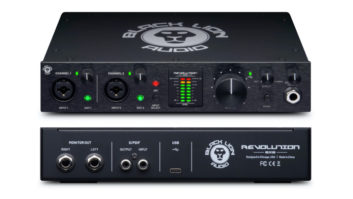NPR has lost a longtime audio engineer and industry veteran. Renee Pringle, who started at NPR in 1979 at a time when there were few women working professionally in audio, died after experiencing a number of health challenges in recent months. She was 69.

Pringle was seen as a pioneer in her field, having mixed an incalculable number of field interviews, music performances and NPR programs that took her across the country, overseas and into the halls of government.
While NPR listeners wouldn’t have heard her speaking over the radio, they would have “heard her voice through all the sounds of humanity she brought to listeners for more than 40 years,” wrote NPR correspondent Hansi Lo Wang in a social media post.
“Renee joined NPR in an era when our engineers carried bulky, 20-pound recorders in the field and everything was recorded on reel-to-reel tape,” said Chris Nelson, NPR’s senior vice president of technology operations.
Pringle also served as the technical director for the Peabody Award-winning “Wade in the Water” documentary, a series about gospel music that NPR produced with the Smithsonian Institution in 1994. During a panel about the documentary in 2019, Pringle said that her favorite recording from the series was a particularly quiet performance of “Listen to the Lambs” given by the Howard University Chamber Choir in which she had to encourage absolute stillness from the audience to pick up the nuances of the singers.
“I would just go crazy if I heard anybody swallow,” she said. “If I heard them blink their eyes, I would hear it. And I’d say, ‘Who did that?’ They had to do it over. And thankfully, everybody was so cooperative.”
NPR colleagues and fans had similar recollections when considering Pringle’s kindness, generosity and knowledge of the audio engineering world.
“She [gave] me the field recording bug,” said Fred Greenhalgh of the time he met Pringle during the National Audio Theatre Festivals’ 2007 conference. Greenhalgh is a recent winner of a 2022 national award for excellence in audio theater.
“Renee had a musical ear — she could really make a piece sing,” wrote Tom Cole, a senior arts editor who retired after more than three decades at NPR in a remembrance. “She didn’t use too much EQ — she wanted the humanity in the voices to come through.”












